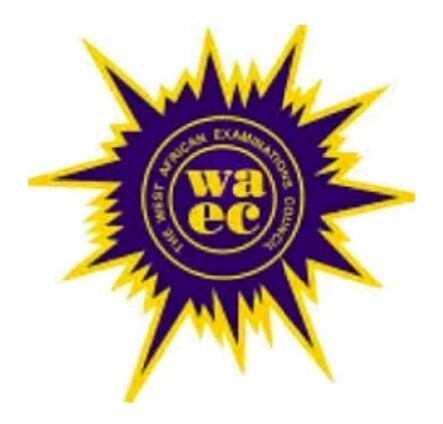Preparing for the Business Management examination requires a thorough understanding of the syllabus provided by the West African Examination Council (WAEC).
This blog post aims to simplify the WAEC Business Management syllabus by breaking down its content, objectives, and recommended textbooks.
Whether you’re a student or a teacher, this guide will help you navigate the topics and concepts covered in the syllabus.
WAEC Business Management Syllabus:
The Business Management syllabus encompasses various aspects of business principles, functional areas, and their application in real-world scenarios.
It also delves into topics such as the legal environment of business, information technology, globalization, economic integration, and entrepreneurship.
Here is a breakdown of the syllabus content:
-
Nature of Management:
- Meaning and Process of Management
- Forms of Business Organization
- Business and Society
-
Functions of Management:
- Planning and Decision Making
- Organizing
- Directing
- Controlling
-
Management Information Technology:
- Concept of ICT
- Data and Information: Meaning, Differences, and Sources in Business
- Functions of the Computer
- Applications and Challenges of Computers in Business
-
Legal Environment of Business:
- Law of Contract
- Principles of Agency
- Negotiable Instruments
-
Finance and Financial Institutions:
- Money
- Banking
- Risk Management and Insurance
- Stock Exchange
-
Role of Government in the Economy:
- Role of Government in an Economy
- Sources and Types of Government Revenue
- Purpose and Types of Taxes
- Government Expenditure
-
International Trade:
- Meaning and Difference between Domestic and International Trade
- Documents Used in Trade
- Reasons for International Trade
- Theories of Absolute and Comparative Cost Advantage
- Restrictions in International Trade
- Balance of Payments (BOP) and Corrective Measures
- Challenges of Developing Economies in Relation to International Trade
- Role of International Trade Institutions
-
Globalization and Economic Integration:
- Meaning and Causes of Globalization
- Advantages and Disadvantages of Globalization
- Meaning and Roles of Economic Integration Institutions
-
Functional Management:
- Human Resource Management
- Recruitment and Selection Process
- Training and Job Analysis
- Performance Appraisal and Labour Relations
-
Principles of Marketing:
- Meaning and Activities of Marketing
- Market Segmentation
- Elements of the Marketing Mix
- Product Life Cycle and Packaging
- Pricing and Promotion
- Channels of Distribution and E-commerce
-
Entrepreneurship and Small Business:
- Meaning and Role of Entrepreneurship
- Characteristics of an Entrepreneur
- Business Plan and Success/Failure Factors
- Record Keeping and Time Management
- Small Businesses and their Importance
- Challenges and Government Support
Recommended Textbooks:
To support your exam preparation, here are some recommended textbooks for Business Management:
- Introduction to Business Management by J.K. Ansah
- Business Management by B. Attieku and E. Marfo-Yiadom
- Essentials of Management Services by F.O. Boachie-Mensah
- Business Studies by D. Browne, M. Barass, W. Dransfield, and W. Needham
- Business Studies for AS Level by M. Buckley, B. Brindley, and M.S. Greenwood
Conclusion
To excel in the WAEC Business Management examination, it is crucial to study the syllabus and understand the topics outlined.
This blog post has provided a simplified version of the syllabus, breaking down each section and highlighting the key areas to focus on.
Additionally, the recommended textbooks offer valuable resources for further study and reference.
Remember, utilizing the syllabus as a guide will enhance your exam preparation and productivity. Best of luck with your studies!






